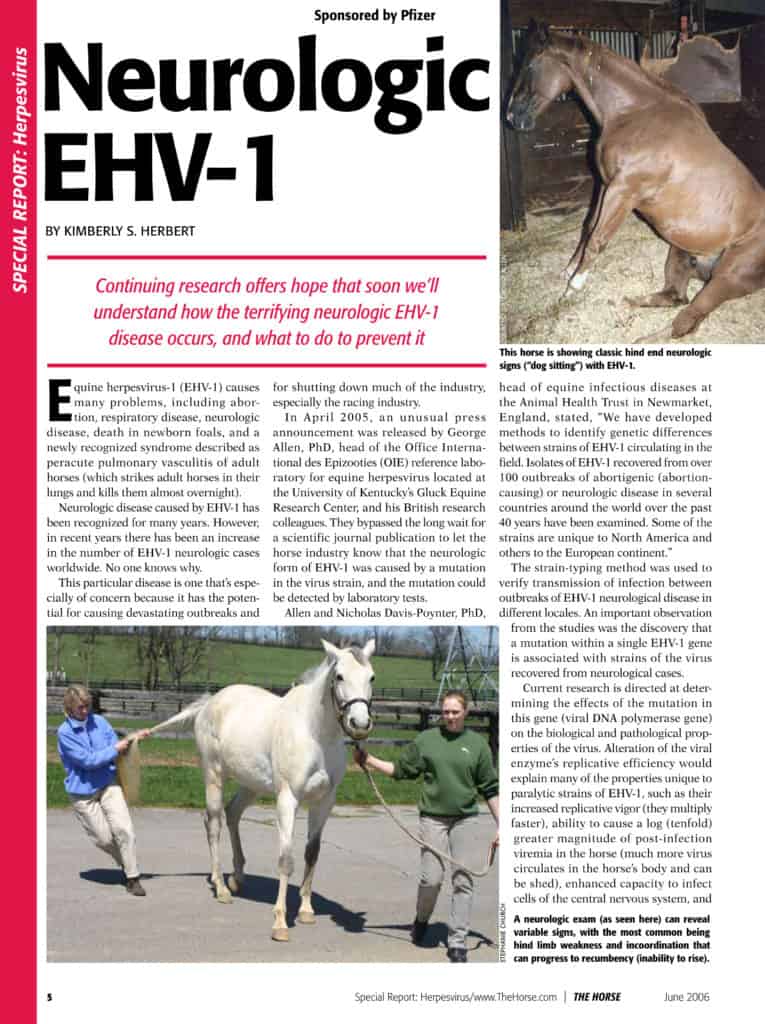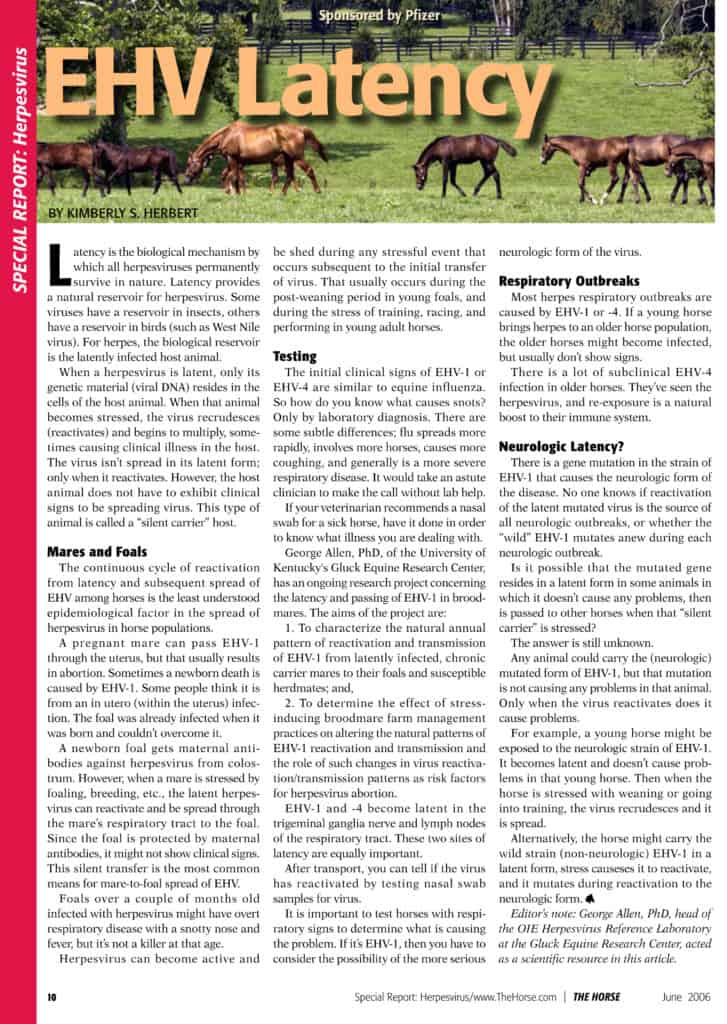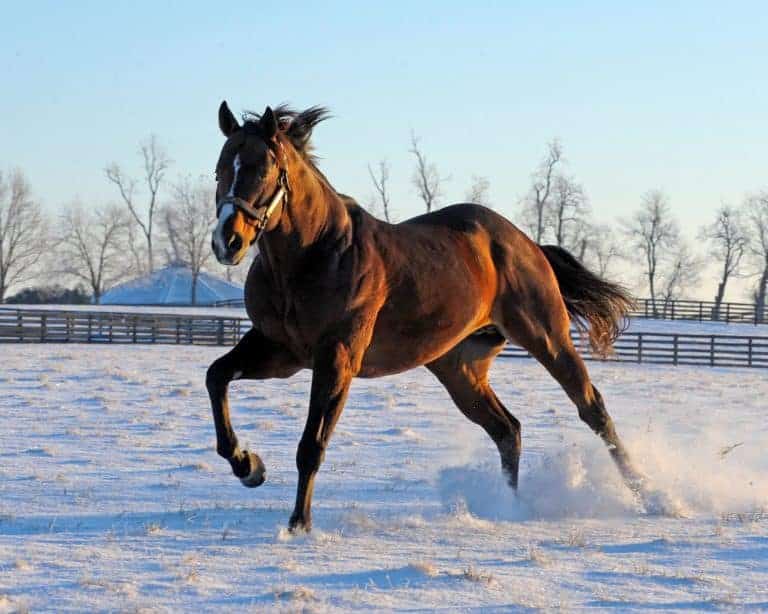North Dakota Logs First Anthrax Cases of 2006
(edited press release)
Two head of cattle have died of anthrax, the first cases of the disease reported in North Dakota this year. “This is a warning for North Dakota producers to talk with their veterinarians about having thei

















